Six months on, the vote against Syrian intervention still casts a shadow
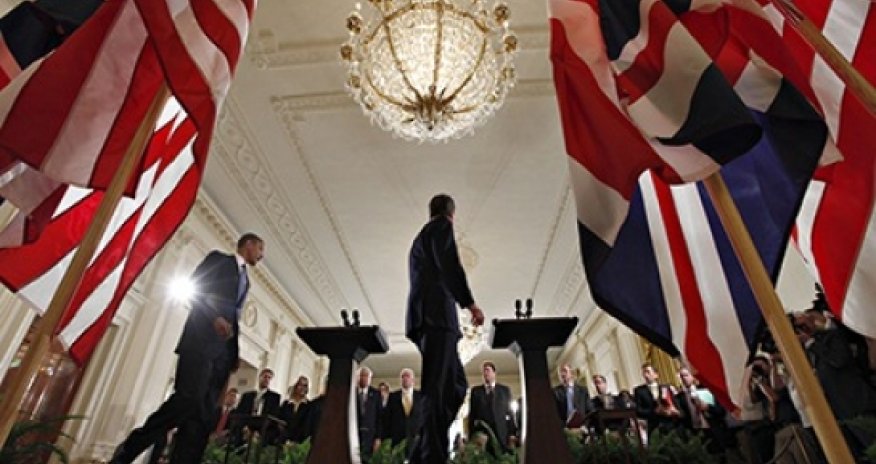
It is nearly six months since a chemical weapons attack on a Damascus suburb shocked a world that was becoming resistant to Syria's constant horrors. For a moment it seemed that some military action, apart from western "boots on the ground", might be taken, demonstrating there were still "red lines" that a civilised world could not allow to be crossed.David Cameron put to the House of Commons a motion deploring such action and urging a strong humanitarian response that "may, if necessary, require military action that is legal, proportionate and focused on saving lives by preventing and deterring further use of Syria's chemical weapons". But that course of action was not taken. Instead, the "no" vote unwittingly played its part in a chain of events that led to Syria remarkably accepting a deal that would see chemical weapons removed. It seemed like a diplomatic victory, especially when followed by a second round of talks in Geneva. Now, as some feared, it looks like a ruse.I don't doubt for a moment that a Syria without its chemical weapons stockpile is better than a Syria with it, nor that the talks in Geneva represented a breakthrough of sorts. But what has really changed as a result of that deal? First, Russia moved into the driving seat. It persuaded Bashar al-Assad to accept the deal, which was a good one for both of them. Second, the Syrian leader's policy of ruthless attack, from bombing to the torture and murder of opponents, could continue unabated. Third, the false regime narrative of Assad as a bulwark against the jihadis gained strength. And the chemical weapons are still there.There was another consequence of the Commons vote, which was the first against a British prime minister's foreign policy since 1782: what exactly can a British government now do in terms of action abroad without explicit parliamentary approval? Since the build-up to war in Iraq in 2003, parliament and government have worked to a convention that if troops are to be deployed, then the Commons will get a vote. We had a vote on Libya, but not for the support we provided to the French for Mali.The vote on Syria was different. It was only a preliminary vote on principle, with the clear promise of a further vote to come, and there was no suggestion that any ground troops would be deployed. Nonetheless parliament turned this down. It's right to ask now just how far this decision went. Did it prevent us giving logistical or intelligence support to our closest ally? Is it unique to Syria or does it have wider implications?Discussions with colleagues tell me that most MPs also think that, should the Syrian opposition coalition and Free Syrian Army attempt to buy weapons from the UK, parliament should take the decision as to whether or not export licences are allowed. This is way beyond current convention.Unwittingly, then, the UK finds itself in quite a mess. If we are now in the position of having to convince half of parliament plus one before difficult foreign policy executive action can be taken, to what can government commit itself in discussions with allies, or prepare in advance for regional strategic defence? If Iran threatens not shipping lanes and UK interests directly, but a smaller Gulf state friendly to the UK that asks for our assistance, do the prime minister and foreign secretary decide and expect support, or do backbenchers decide? And what do our constituents now think of any UK military involvement abroad, beyond the Falklands and Gibraltar?They probably don't fancy it, but just occasionally politicians need space and time to take unpopular action that they believe in the long run is in their nation's interest. Provided they are ultimately accountable to the public through election, or that a vote of confidence could do for a government's existence, I do not believe the democratic balance is unfairly skewed by the executive retaining power to act solely by consultation and not immediate vote.Sooner or later the UK parliament and government are going to be confronted with a new test of convention and foreign policy objectives. We would do well to sort out our parameters before that day arrives.(theguardian.com)ANN.Az
Similar news
Similar news
























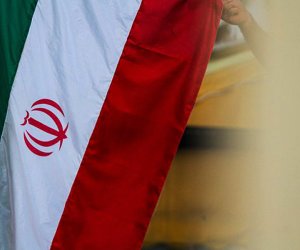
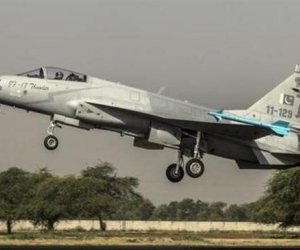



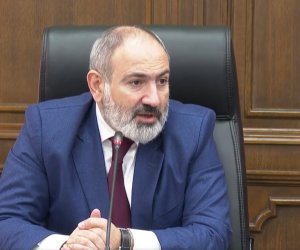

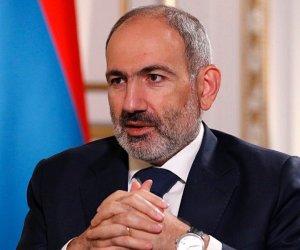
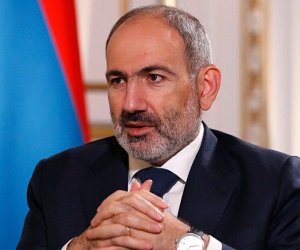



 Photo
Photo 



 Video
Video 

